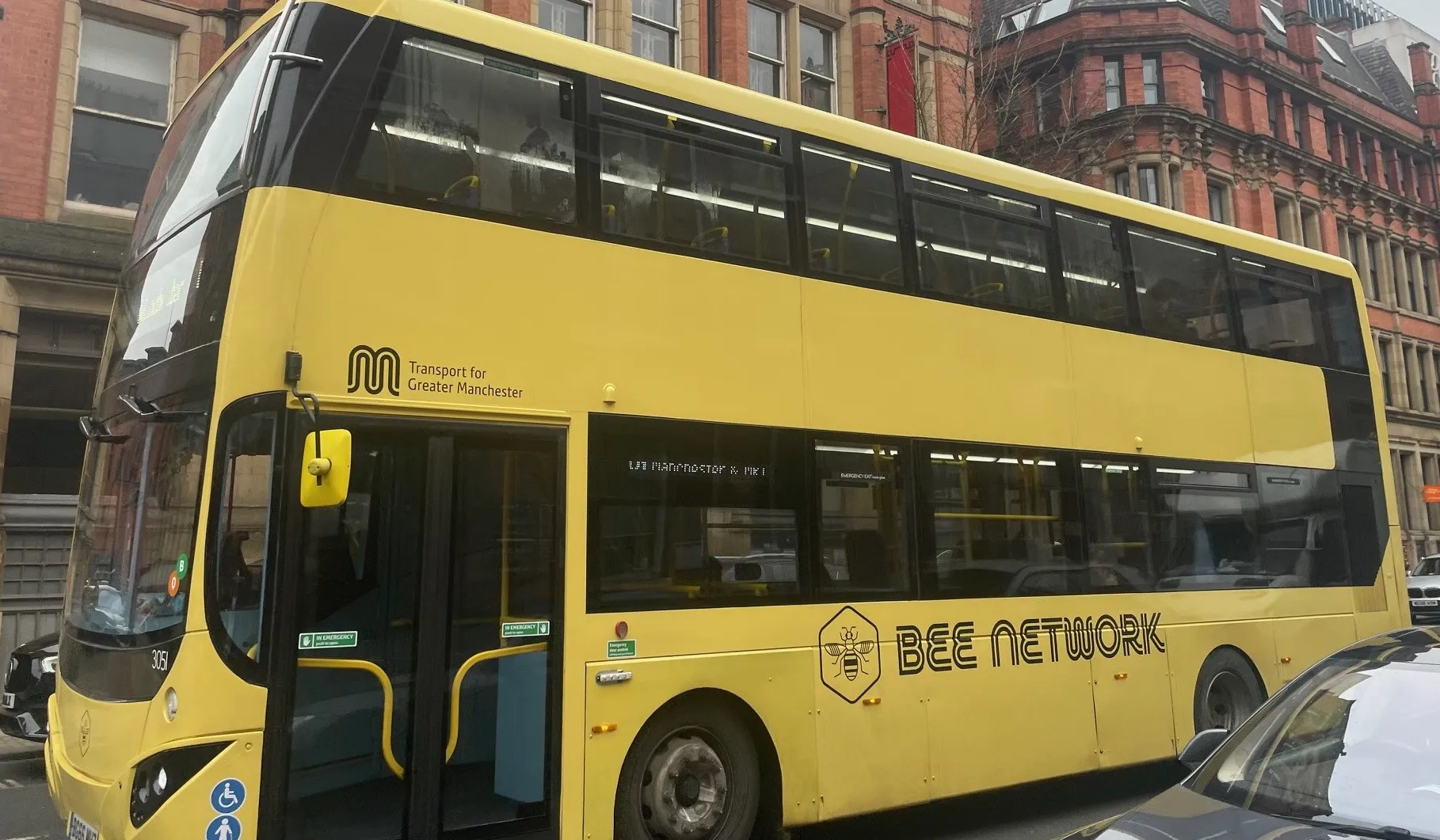The
The 378 new train carriages will be used by franchise operator Abellio and replace outdated existing electric and diesel trains currently used on the routes. The EIB loan is guaranteed by the European Fund for Strategic Investments (EFSI) under the Investment Plan for Europe, and this is the first EFSI transport loan in the United Kingdom.
The 28 year European Investment Bank loan will finance purchase of new rolling stock by Rock Rail East Anglia PLC for use by Abellio East Anglia Limited, a wholly owned subsidiary of Dutch national rail company Nederlandse Spoorwegen.
Funding of these new trains was led by Rock Rail and SL Capital with additional co-investment equity being provided by GLIL, the Greater Manchester Pension Fund and London Pensions Fund Authority infrastructure investment joint venture.
EIB agrees funding for new East Anglia trains
The European Investment Bank (EIB) has agreed to provide US$76 million (£60 million) for the purchase of new trains that will improve passenger services in East Anglia on key London, intercity, airport and local services in the UK. The 378 new train carriages will be used by franchise operator Abellio and replace outdated existing electric and diesel trains currently used on the routes. The EIB loan is guaranteed by the European Fund for Strategic Investments (EFSI) under the Investment Plan for Europe, and
October 6, 2016
Read time: 2 mins










